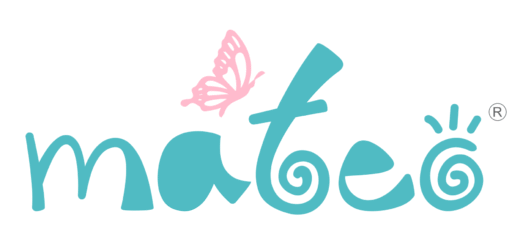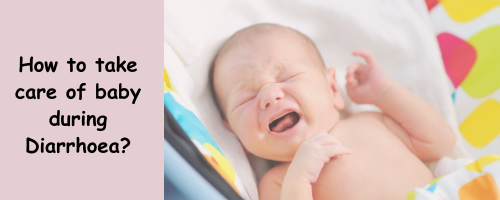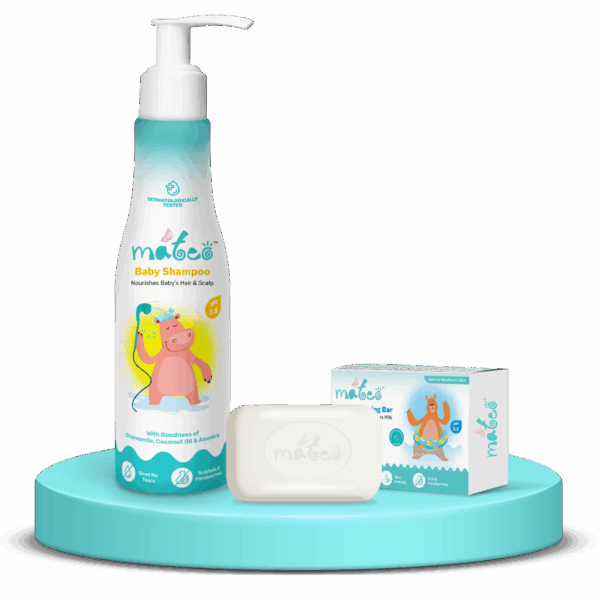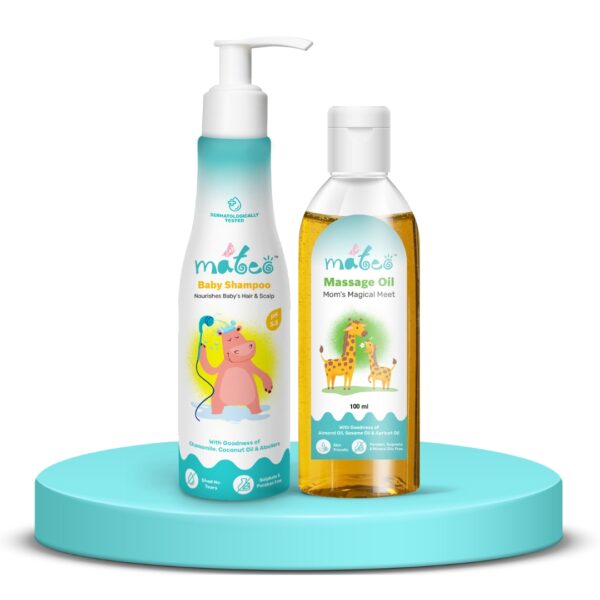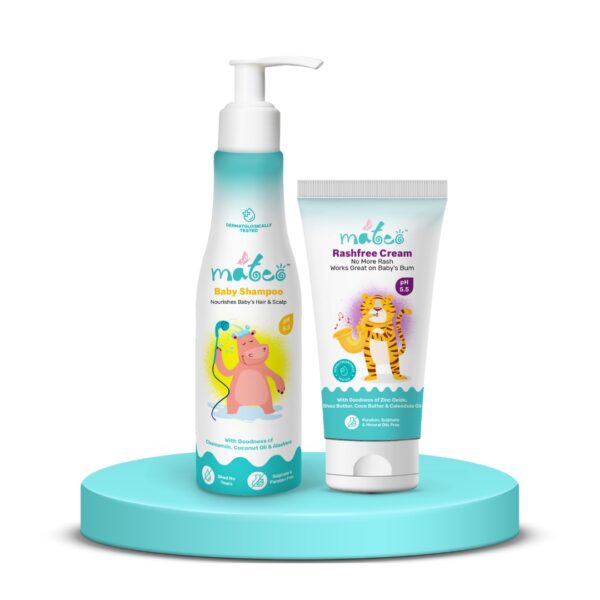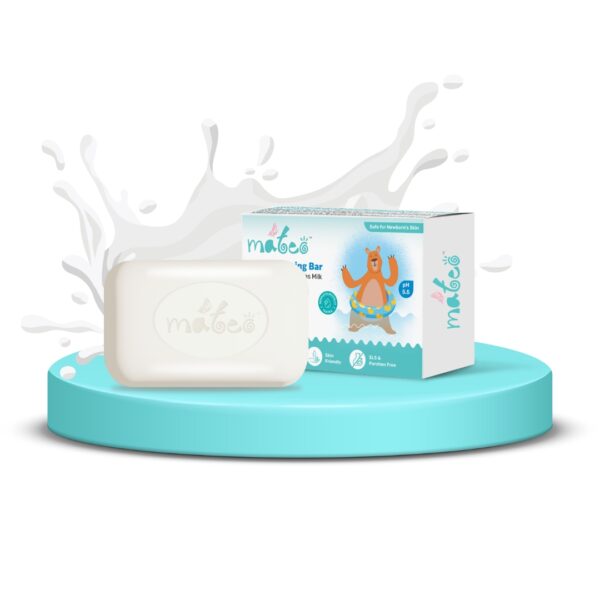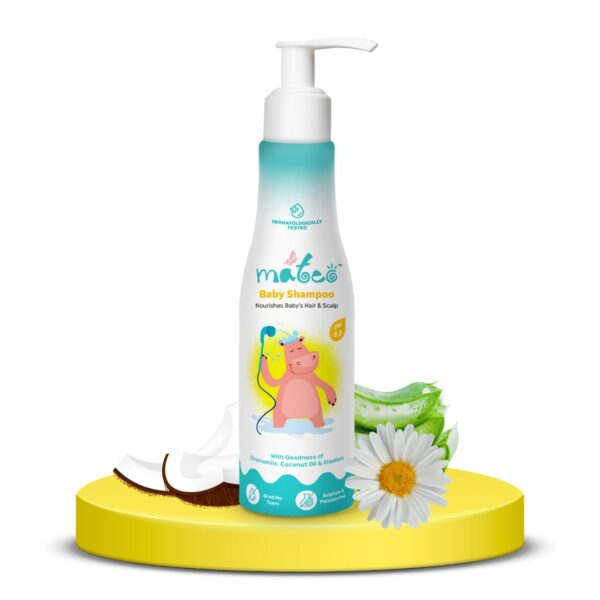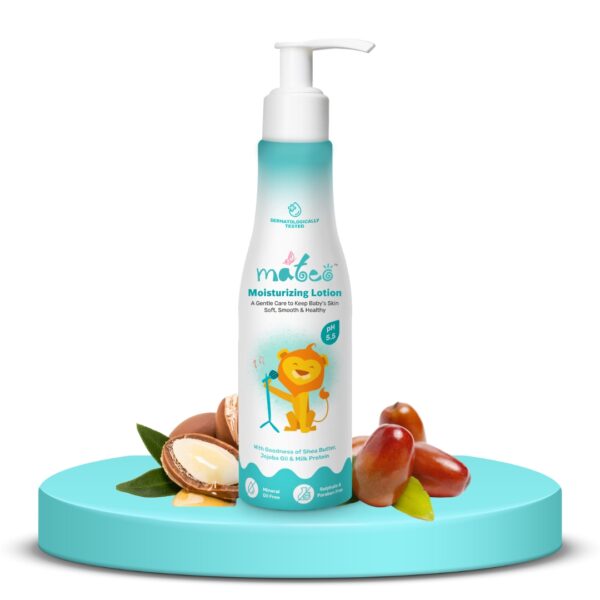With the arrival of a newborn comes great joy with many duties. Under the joy, caregivers and parents often face worries like baby diseases. To ensure the baby’s health and comfort, knowing about its origin and symptoms as well as how to take care of the baby during baby diarrhoea appropriately is vital.
Identifying Baby Diarrhoea
During baby care, knowing the intricate workings of your baby’s digestive system is key. These babies experience all kinds of dietary fluctuations as they develop, and their stool acquires a vast array of textures, colours and smells. Baby poop is usually softer than that of adults, but drastic changes in consistency and frequency–especially a more liquid-like stool which occurs three or more times per day–point to diarrhoea.
Delving into Causes of Baby Diarrhoea
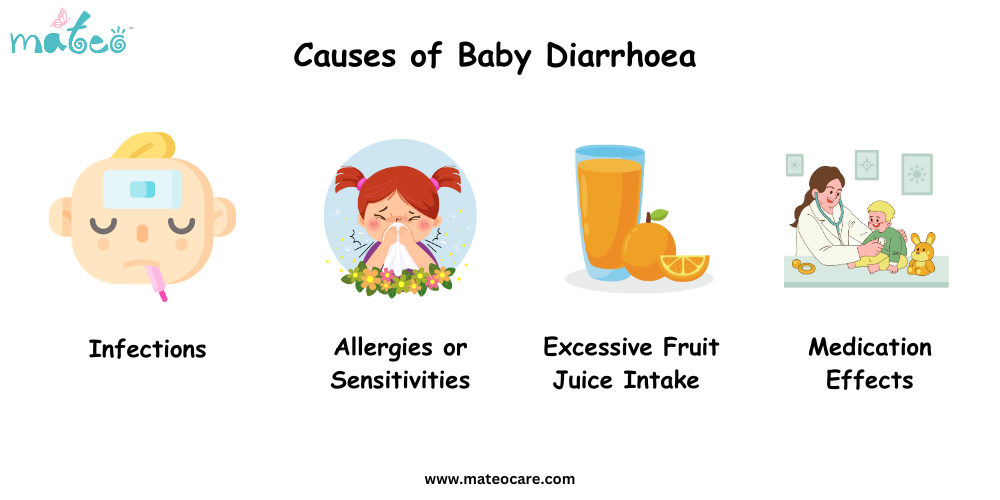
Numerous factors can contribute to diarrhoea in infants:
1. Infections: Unclean food, water or contaminated surfaces promptly provide viruses, bacteria and parasites with a way into the baby’s system.
2. Allergies or Sensitivities: Some foods or drugs may make babies ill, leading to diarrhoea.
3. Excessive Fruit Juice Intake: Drinking too much fruit juice upsets the delicate balance of digestion, and can cause diarrhoea.
4. Medication Effects: Antibiotics and some medications may disturb the normal balance of microorganisms in a baby’s intestine which can result in diarrhoea.
Implications and Risks of Baby Care During Diarrhoea
By flushing out excessive water and important electrolytes from the body, diarrhoea throws everything out of whack. Owing to their fragile physiques, infants are most likely to become dehydrated. Dehydration can set in within a day or two after the onset of diarrhoea.
Recognizing Signs of Dehydration
Caregivers must be vigilant for signs of dehydration:
- Less urine production with dark-coloured urine.
- Irritability or fussiness beyond the normal.
- Dry mouth and crying without tears.
- Unusual drowsiness or sluggishness.
- A sunken soft spot on the baby’s head.
- Loss of Elasticity in the Skin, Not bouncing back when gently squeezed.
- Yellowish, altered stool with a pungent odour (especially thick in formula-fed infants).
Seeking Professional Help For Baby Care
Contacting your baby’s doctor is essential if dehydration symptoms surface or if the following signs manifest:
- A fever exceeding 102°F.
- Complaints of abdominal pain.
- Stools that are black, white or red (indicating bleeding), all abnormal colours.
- Lethargy or tiredness coupled with vomiting along with diarrhoea.
Managing Baby Diarrhoea: Strategies and Diet
Over-the-counter diarrhoea medications are not recommended by paediatricians in most cases. Therefore, the emphasis is on rehydration and dietary change. Of course, let’s give an in-depth explanation of effective methods to treat baby diarrhoea.
Further Insights into Effective Treatment Approaches:
Oral Rehydration Solutions (ORS): These solutions, available in any neighbourhood store or drugstore, are precisely prepared to restore the fluids and electrolytes lost by babies with diarrhoea. ORS has the effect of helping restore electrolyte balance in the body, necessary to fight dehydration. The inclusion of salts and sugars in ORS makes it easier for a baby’s system to accept fluids, which is an important aspect of rehydration.
Dietary Modifications and Adjustments: Healthcare practitioners usually advise babies on solid foods to change over gradually from a diet of strong, bitter vegetables and sour fruits to one consisting only of mild, starchy things easily digested. Also milder choices such as strained bananas, applesauce and rice cereal. These neutral choices help soothe the digestive tract, as well as supplying needed nutrients without further irritation. Also, breastfeeding moms may have to pay attention even more carefully about what they eat since there are foods that could potentially upset the baby’s stomach.
Food Avoidance and Caution: When suffering from diarrhoea, certain foods should be avoided to ease the condition. It is usually things like greasy foods, high-fibre items dairy products or sweets that are discouraged lest they adversely affect digestion. Such foods should also be avoided to prevent further irritation or deterioration in diarrhoea symptoms among infants.
If you’re able to accomplish these treatments, use ORS for rehydration and make certain adjustments in diet that are suitable not only for infants but also for breastfeeding mothers as well. And most importantly being very cautious about some specific groups of foods that work at treating baby diarrhoea will have a great effect on lessening the pain caused by this condition. When consulting professionals, be sure to account for the baby’s individual needs and medical condition.
Baby Poop Colours: Unravelling the Mystery
Parents are frequently concerned about different colours in baby poop, but not all such variations are a cause for alarm. But colours like white, red or black require attention right away and should spur a call to the paediatrics doctor.
In Conclusion
Every caregiver should prepare himself with a knowledge of baby diarrhoea. What causes it, how to recognize its symptoms and how to take care of baby diarrhoea treatment. Knowing the symptoms of dehydration, learning when to get medical care and adjustments in their diet are all important ways for parents to take good care of a baby during diarrhoea. Always consult a healthcare professional for personal guidance.

Nivethitha Sridharan
Nivethitha is a mother of two children and has a great interest in writing as an experienced mother. She publishes educational and interesting articles on baby care and also assists parents in selecting the finest baby products for their baby’s skin and well-being. She focuses on infant skin care and health issues. She also provides suggestions and guidance on baby care and avoids common skin disorders in newborns. Nivethitha likes studying and writing about new and innovative ideas that might assist people in finding solutions to their problems. She feels that content writing is an effective means of communicating thoughts and information to the world.
-
Baby Shampoo & Cleansing Bar (Combo Pack)
Add to basket₹580.00 -
Baby Shampoo & Massage Oil (Combo Pack)
Add to basket₹590.00 -
Baby Shampoo & Rashfree Cream (Combo Pack)
Add to basket₹575.00 -
Mateo All in One Pack
Add to basket₹1,700.00 -
Mateo Baby Cleansing Bar
Select options₹185.00 – ₹740.00 -
Mateo Baby Shampoo
Select options₹395.00 – ₹1,185.00 -
Mateo Massage Oil
Select options₹195.00 – ₹780.00 -
Mateo Moisturizing Lotion
Select options₹350.00 – ₹1,050.00 -
Mateo Rashfree Cream
Select options₹180.00 – ₹720.00
